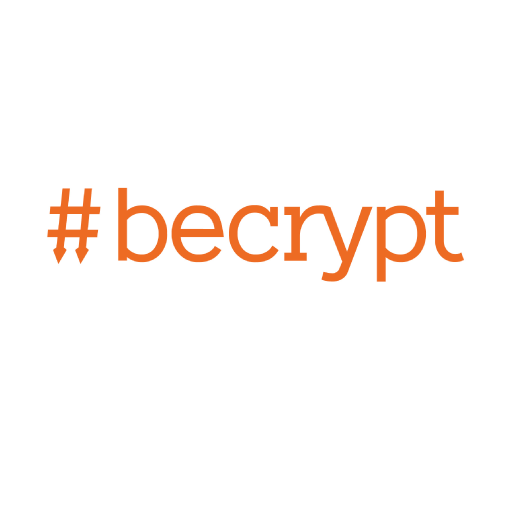Support
Our London-based product and service technical specialists are on hand to provide expert assistance from product deployment to service support.
Call +44 (0)345 838 2070
Email: support@becrypt.com during normal UK working hours, or please get in touch for bespoke and International support packages.

Vulnerability Reporting
Becrypt maintain vulnerability management processes for our products, services and associated 3rd Party technologies. If you have identified or suspect a vulnerability related to our solutions, please contact us directly at vulnerabilities@becrypt.com.
Our Vulnerability Disclosure Policy can be found here.
Support FAQs
With the exception of Disk Encryption, all products are currently being offered with support contracts for up to 3 years as standard, with extended periods available by agreement.
The following products are ‘End of Life’ and not subject to further standard release cycles. However, Becrypt can provide extended help desk support if requested by an existing customer. Please contact support@becrypt.com for further information.
- Advanced Port
- Control Connect
- Protect
- Convex430
- DISK Protect Baseline
- DISK Protect Enhanced
- Media Client
- mShare
- tVolution
Please see Product Release News below for latest shipping products. For Legacy DP, DPE SK and legacy BEM (for DP Management):
DP & DP CPA – 9.4.7
DPE SK – 5.2.1
BEM – 5.5.5
FAQs & resources
Customer Feedback
We are committed to continual quality improvement. Please take 5 minutes to share your experiences using our brief customer feedback form found here.
Not found what you're looking for?
Please contact our Product and Service specialists for assistance.


